Charmaine Mok
Hong Kong
Tatler Asia; Hong Kong Tatler; Tatler Dining; Off Menu; #UNITEDWEDINE
Instagram: @supercharz @tatlerhongkong @tatlerdininghk @offmenu.hongkong @unitedwedine.hk
*Changemakers is a Cross Cultures series spotlighting inspiring women who are creating and doing in the F&B ecosystem; eading the way and helping better the world.
Charmaine Mok is the Editorial Director of Dining for Tatler Asia, publishers of Tatler Dining Best Restaurants and the organizers of the Off Menu festivals and the recent United We Dine restaurant recovery campaign. She is an advocate for the city’s unique dining culture and strives to spotlight local culinary talent through her work. Apart from food and drink, she’s obsessed with photographing snippets of Hong Kong history (neon signs, typography and protest movements), strength training (during social distancing, she found multiple ways of using bags of rice to replace weights), and befriending cute dogs. Charmaine also a supporter of Hong Kong’s protest movement, and actively documents her first-hand experiences and commentaries on news stories on her Twitter account @supercharz.
Tell us about you. Where were you born, raised, and what you are making or doing at present?
Calgary, Alberta is my hometown but my family is from Hong Kong—it’s where I moved to when I turned 9, almost immediately hating the humidity and overwhelming density of the city. After spending 7 years studying media and communications and working in London as a food journalist and recipe editor, I moved back to Hong Kong in 2012 and have been here ever since. It doesn’t feel at all long, even though so much has happened here over the years—not only in terms of my own career trajectory but also from the perspective of Hong Kong as a food city. I’m currently working as the Editorial Director for Dining at Tatler Asia, where I’m fortunate to be able to take charge of a number of new and exciting projects that span everything from video shoots overseas to food festivals and pop-ups to an annual dining guide and restaurants awards night—and we have so much more in the pipeline.
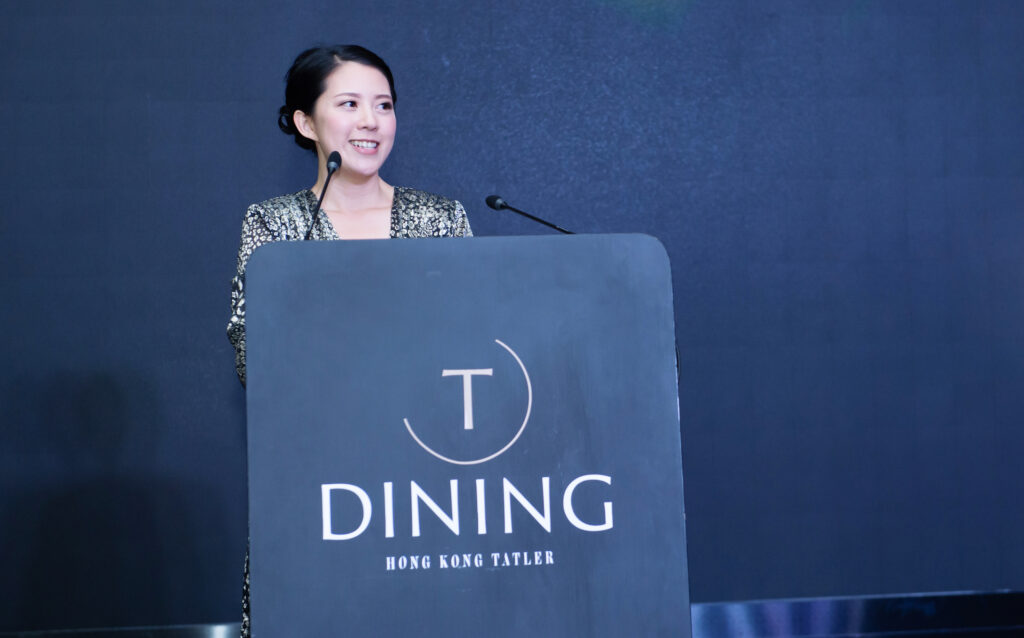
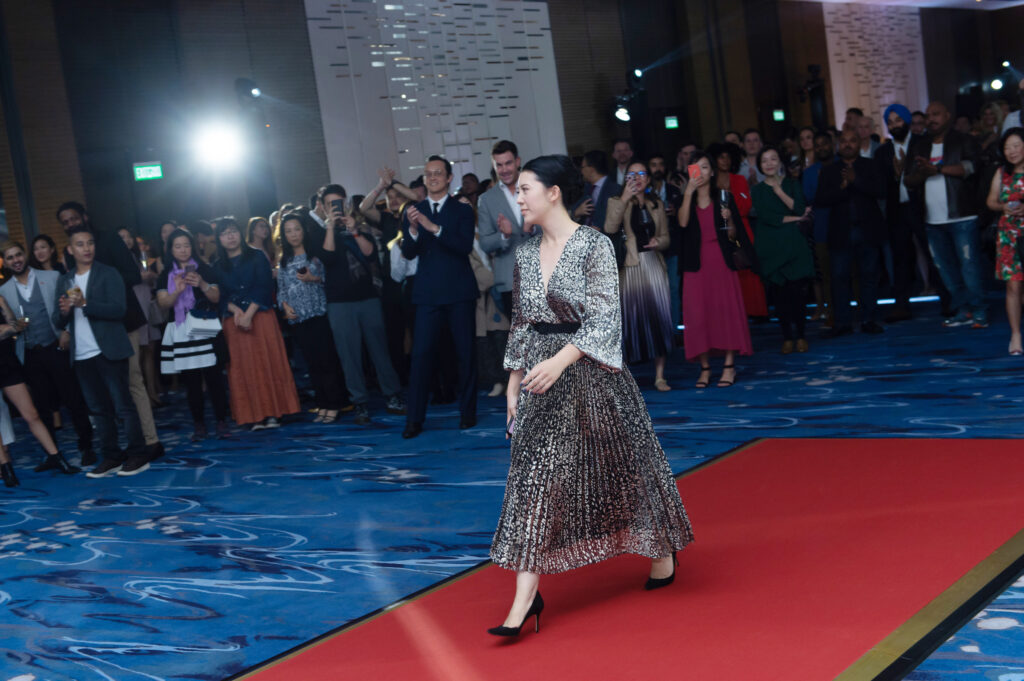
How did you end up working at your present career? How long have you been doing this/ When did you start?
Growing up, I always loved reading and writing, eating and taking photos—yet the combination never really materialized as a career option until my final year of my bachelor’s degree. I wouldn’t even say that by university, I was particularly interested in or good at cooking; I simply took the excellent home-cooked food I grew up with for granted. My mom, concerned about how I would fend for myself in a new country, even wrote (by hand) a mini cookbook of sorts that included instructions how to boil spaghetti! At the time, food blogs were only just a niche but since I was already taking plenty of photos of my new life in London—including all the farmers’ market produce I was buying, the dishes I made with housemates, and the quirky restaurants and cafes I frequented—I decided to start one to show my family back home that I was managing to feed myself just fine. I credit this blog as one of the things that helped me into the food industry in the beginning, including at the BBC, where I started off as an intern but ended up working for many years as a researcher and recipe editor for their BBC Food website—Susan Low, my boss at the time, later linked me up with her partner, Guy Dimond, who was then the legendary (and very anonymous) food and drink editor at Time Out London who taught me so much about journalism and the city’s food scene. These two were incredibly instrumental in my career thanks to the honest mentorship they gave me as a young, 20-something aspiring journalist who happened to love eating, and later found out she loved writing about it, too.
After several years at Time Out, during which I penned countless restaurant reviews and stories about dining in London, an unexpected change in personal circumstances meant I had to reluctantly move back to Hong Kong. That led me to my next chapter at Tatler, which I joined in mid-2012 as their deputy online editor before eventually becoming their digital editor-in-chief. As luck would have it, the company was already starting to invest more in their dining vertical—14 months after I joined, we launched the first ever Tatler Dining Best Restaurants Awards event, which has since become the industry night of the year. Over the years I’ve been really lucky to work with a small but strong team (Andy @wildandy and Wilson @happyquince) who are just as obsessed about dining as I am—together, we’ve launched countless F&B events, dining campaigns and industry-focused initiatives while creating solid editorial about Hong Kong and Macau’s culinary scenes.
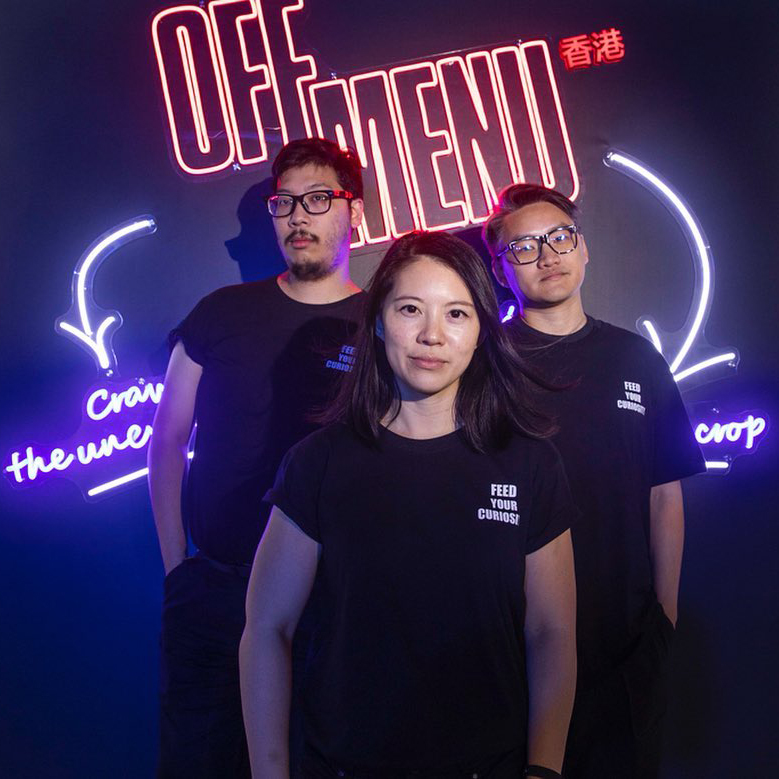

What was the biggest challenge you have faced?
2019 will go down in history as one of the most challenging years for not only our team, but Hong Kong in general due to months of social unrest. Before the summer of discontent, we had already come up with the idea for Off Menu—a left-of-field food and drink festival in November that would involve 16 world-class chefs, mixologists and entertainers working together at an iconic Hong Kong location (The Peak!) for three days. Time wasn’t on our side given that we had barely half a year to execute a completely new concept—a challenge even during a calm year with few unknowns. As the anti-extradition bill protests ramped up in the city beginning in June, and only got more intense and less predictable, we were constantly asking ourselves whether or not it was right to continue. As the city burned, was it appropriate for the show to go on? As a supporter of the protest movement as well as an advocate for the industry, it was often a challenging (though privileged) position to be in knowing how much was at stake for all parties. It was a time that took a huge mental toll on not only myself, but the city as a whole—we were constantly oscillating between fear and anxiety over Hong Kong’s future, worrying about the safety of those out on the frontlines, and the unrelenting pressure of needing to carry on with business as normal in very abnormal times.
How/ what did you do to get over it?
In the end we made the decision based on the overwhelming sentiment that no matter what, we wanted to showcase the hard work, dedication and resilience of the F&B industry—something that I’ve fought hard to maintain as one of our core values. We’ve always been about championing the people behind Hong Kong’s incredible food scene and all of the things that make this city so special and I was so proud of my team for creating something that reminded everyone of those things. I will never forget gazing down at the iconic Hong Kong skyline after the event and a chef telling me that this truly is a beautiful city worth fighting for.
What is the best advice you can give to anyone wanting to get into or excel in your field?
You absolutely cannot do things by halves, and you have to stay curious and detail oriented. Even the simplest topic can be broken down into an infinite number of ways of seeing and understanding. The writers who impress me the most are those who can look beyond the surface level to tease out the unspoken and unexpected connections, or who simply commit to their stories.
Don’t be disingenuous. Don’t do things to further your own self interest. Take time to build the connections and do things that you feel are genuine and meaningful. The greatest satisfaction I get from my work is when we can use our platform to bring people together and create projects that we can all honestly feel proud of.
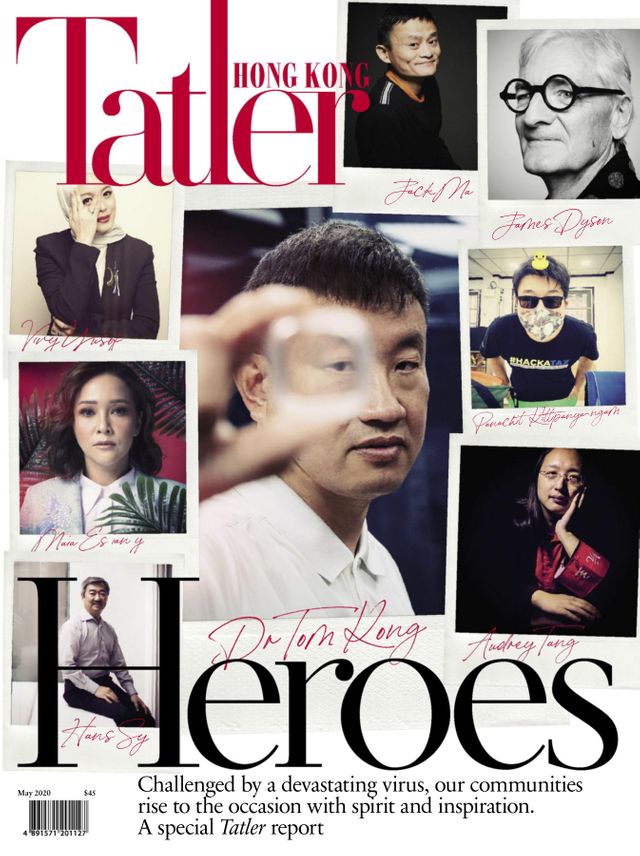
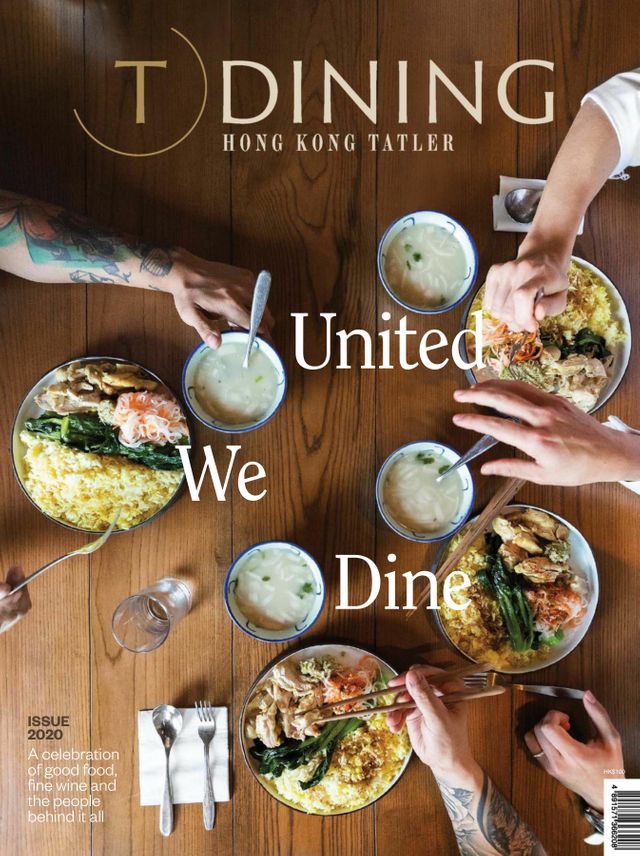
What is your favorite thing about your culture or living in your city?
Hong Kong’s “lion rock spirit” and growing sense of community has really struck me lately. I think that with everything the city has been going through, the idea of shared values and helping each other in an altruistic manner has become so much stronger, and also I think our sense of identity has really been blossoming. Hongkongers are some of the most creative and resilient people and I’m grateful to be here, even in these uncertain and often fraught times.
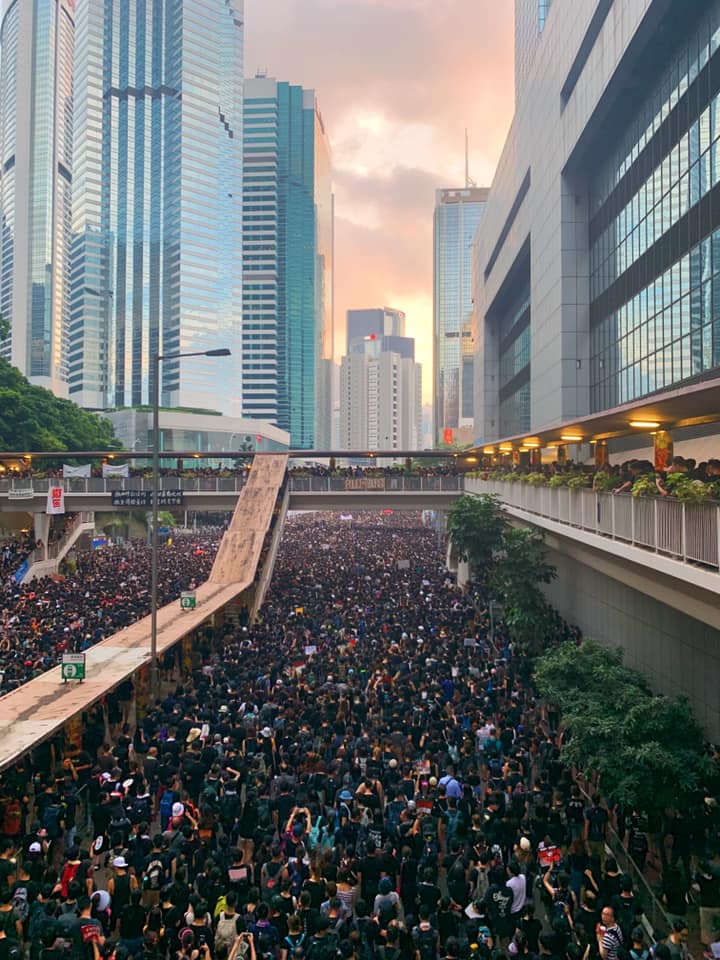
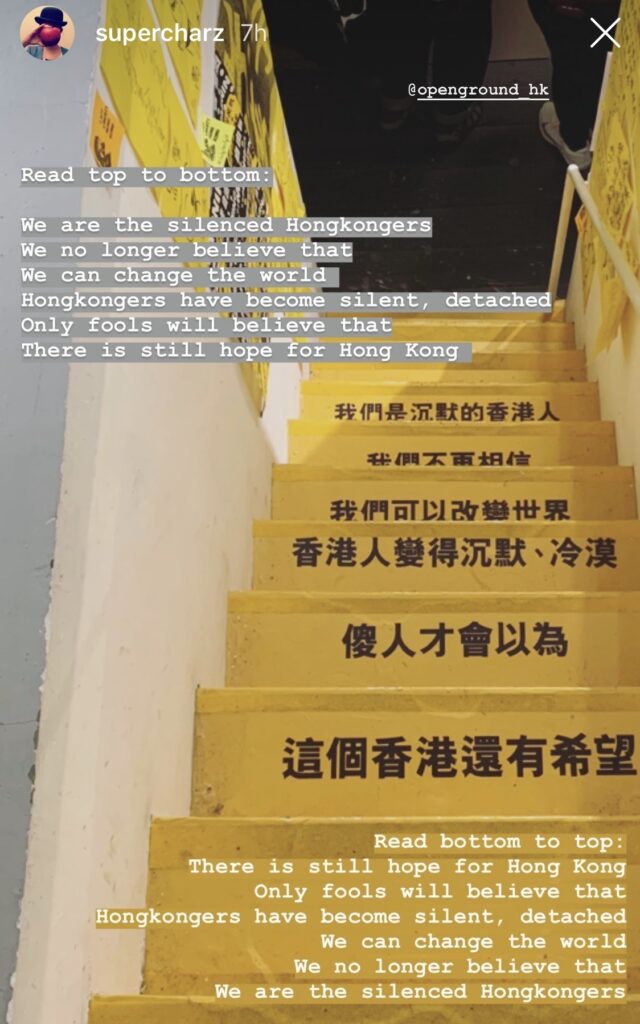
How are/ have you been spending your days during this COVID-19 quarantine period? If your city has opened up, please do share with us what it’s like now.
In Hong Kong we’ve been incredibly fortunate to not have to face a complete lockdown—while some businesses like karaoke parlors have been closed, restaurants and bars are operating (with some limits on spacing) and in general Hongkongers have been slowly, cautiously, going back to their own lives. During the peak of the COVID-19 situation, when many of us were working from home and going out was not banned but somewhat discouraged, I—like so many others—took solace in cooking and baking. I was majorly into pickling vegetables and making my own plum wine, baking simple cakes and making my own udon from scratch.
It was during this time also that myself, Janice Leung Hayes and Victoria Chow, inspired by our other friend Jackie Morrison’s Pandemic Cookbook campaign in New Zealand, decided to pool our efforts to create the Hong Kong version to help local chefs and restaurateurs. Victoria has been incredible in shooting all the beautiful images for the book and Janice has been working so hard on the recipes and co-ordination. The book will feature recipes by Hong Kong chefs and mixologists, with all proceeds going back to them—stay tuned to our social media accounts as it should be ready to purchase in the coming weeks!
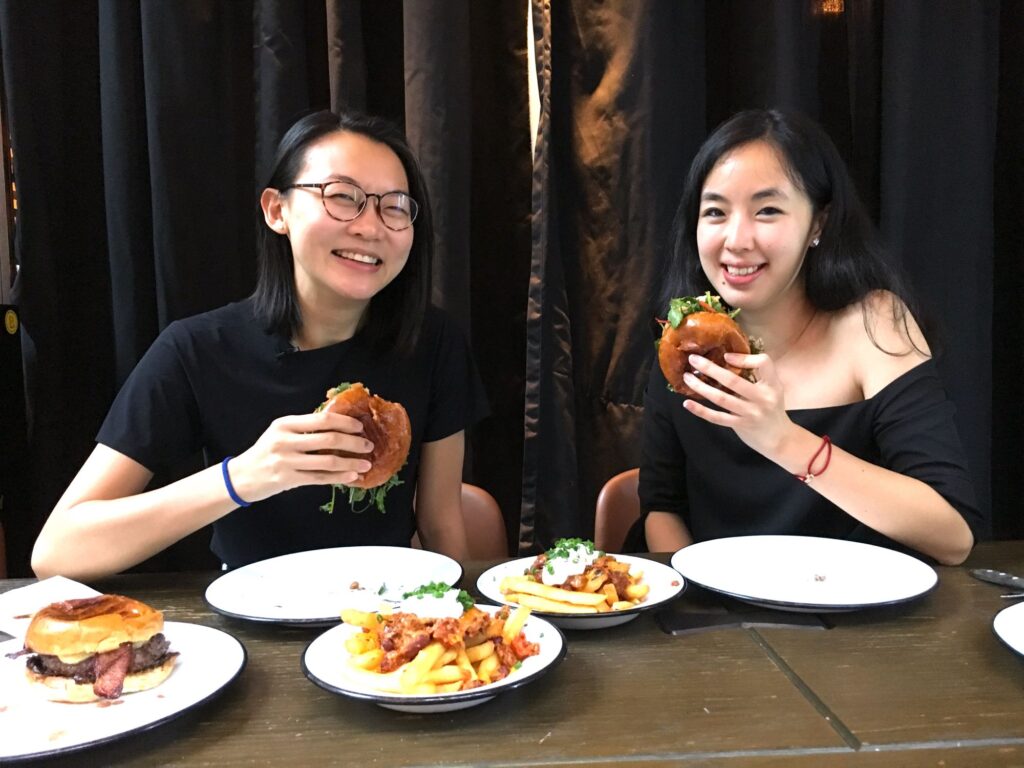
What is Hong Kong like these days? We read that a lot of places have opened up; there’s a maximum cap of 8 people getting together…
Nearly 5 months since our first Covid-19 case, life has been gradually returning to normal: streets are busy, and the buzz has returned despite the fact that the city is still closed to non-residents, so there are virtually no tourists. We’ve been incredibly lucky: even during the height of the outbreak restaurants were still operating, though bars were closed for nearly a month and clubs and karaoke parlors are still shut. The fact that we’ve been able to keep our numbers low (just over 1,000 cases and 4 deaths) is already widely credited to the fact that Hong Kongers went through the trauma of SARS back in 2003, and ignored even their own government downplaying the severity of the situation in the early days of the outbreak. Almost immediately, the majority of citizens donned masks to protect themselves and each other; although things are relaxing right now, you’d be hard pressed to find anyone not still wearing one. It’s unfortunate that the eight-person limit for gatherings is still in place, and given the political situation in Hong Kong it’s hard not to think that there is motivation other than public health behind that decision.
Please tell us about #UNITEDWEDINE, and how readers can take part in it.
United We Dine is a platform that encourages diners to go out and support restaurants around the city, with the added incentives of special menus and prizes for dining out. Quite simply put, it was an idea we quickly put into action in March (before the second wave outbreak in Hong Kong) to encourage diners to go out and support restaurants that had been suffering for months due to the double whammy of social unrest and COVID-19. After speaking to our friends in the F&B industry, we wanted to do something using our powers as a media outlet—we enlisted the support of the city’s major food publications and agencies as well to make sure that we were going to make as much noise as possible to help the industry. Since launch, we have directly generated more than HK$1million in sales receipts for participating restaurants (based on diners who have sent us their receipts to enter our prize competition), which we hope will have the double effect of reminding people how great these venues are while also releasing some of the financial strain some of them have been in over the best part of one year.
The premise is simple—diners can check out our website unitedwedine.hk to see which restaurants are participating, and to view all the special menus available during the campaign period (it started on March 16 and will last until May 31, 2020). Once diners have supported five restaurants, they can gain an entry into our prize competition—and they can enter as many times as they like. Because we understand that not everyone will feel comfortable dining out, we’re also accepting takeaways, deliveries and purchases of any online merchandise as evidence of support for the restaurants.
We’re also proud to say that the campaign will be launched in our sister region of Singapore too, so watch out for United We Dine happening there post-circuit breaker! We also expect to do a second edition for Hong Kong later in 2020 to support the recovery of the local dining scene.